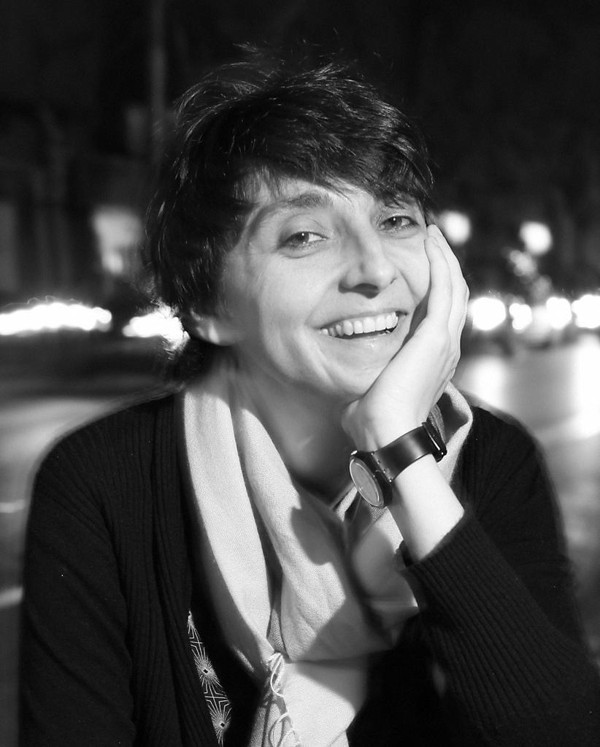
In search of Chinese box office success, French filmmakers face censorship and erratic regulation
Directors and producers from France find it hard to replicate the success of other non-Hollywood hits in China

Last month, three French animated films were released in China within the space of a fortnight. Yellowbird, The Jungle Bunch and the screen adaptation of popular French graphic novel The Big Bad Wolf all share similar themes and feature an array of talking animal characters.
Some might see this spate of releases as a sign of French filmmakers flaunting their presence in what is now their industry’s biggest overseas market in terms of admissions. But it also represents both opportunities and risks as they seek to find a footing in a country where surging demand for content goes hand in hand with oblique and often erratic regulations.
According to statistics released in January by UniFrance, a government-backed organisation responsible for promoting French cinema abroad, the number of tickets sold for French films in China in 2017 ballooned by a whopping eight times, to 13.4 million, overtaking the United States and Canada, which had just over 10 million.


Fights between three similar movies in Chinese cineplexes is just one of many problems UniFrance is seeking to avoid.
In most countries, producers and distributors would press for staggered release dates for films with similar stories, genre tropes and stars, so as to maximise the market potential of each. In China, this is out of the filmmakers’ hands: the Film Bureau officials who compile release schedules have long shown scant regard for how films – especially imports – play out if they open close to each other.

However, Bereyziat says, French filmmakers are well placed to capitalise on the routines of older moviegoers, too, a fact brought vividly to the fore with the success of nostalgia-tinged period dramas such as Youth and Forever You ng. “We have the films for senior or middle-aged,” he says, “and not just the 18-29 age group, which is the mainstay for Chinese productions.”

The release of R.A.I.D. Special Unit, an action comedy that revolves around a female police trainee’s arrival at an all-male elite action unit, highlights other vagaries foreign releases encounter.
Last April, UniFrance organised and financed a visit by actor-director Dany Boon to Beijing to plug the movie. Glachant says Boon made himself available to distributors at the Beijing Film Festival for post-screening appearances, press conferences, round table seminars and photo opportunities. Despite all that, however, Chinese film officials postponed the release of R.A.I.D. (among many other films) as tensions grew during the run-up to the 19th congress of the Communist Party. The film eventually arrived in cinemas in December, eight months after Boon’s visit.
Foreign producers are also vexed by the omnipresent issue of censorship, a topic French filmmakers have confronted with what Bereyziat calls a “rigid” approach for years.
“We’re making the necessary efforts to meet the Chinese [censors’] concerns halfway,” he says. “We’re not asking French filmmakers to sacrifice their work, but to be flexible and closer to the ground and the market.”